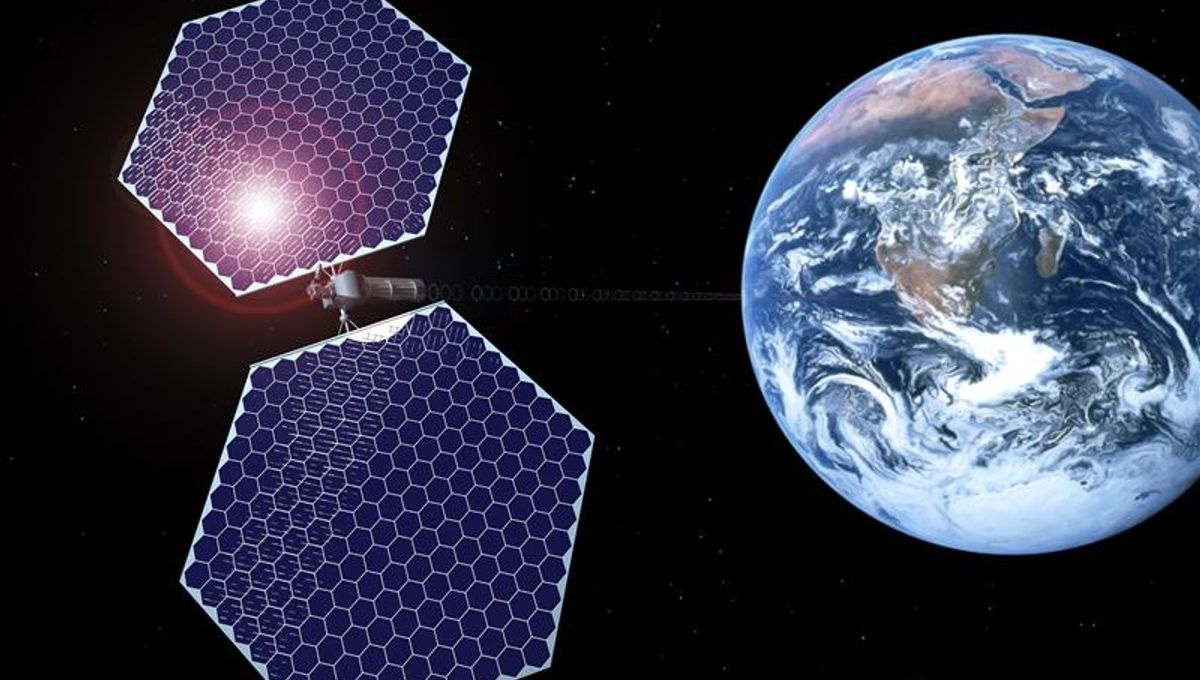UK-based company Space Solar is partnering with Reykjavik Energy and Icelandic sustainability initiative Transition Labs to develop a space-based solar power plant that can deliver about 30 megawatts of electricity – potentially enough to power between 1,500 and 3,000 homes – from 2030. The system will collect sunlight in space through solar panels and then transmit it as radio waves at a specific frequency to a ground station, where it will be converted to electricity for the grid.
The satellite is expected to be scalable and quite big. Even if a full version of their CASSIOPeiA power array is not built, we are talking about the heaviest single object in space that is not a space station, and when all the arrays are splayed out, much larger than the International Space Station.
The company aims to have a scaled-up version of the system in space by 2036, which would supply gigawatts of electricity.



Given their abundance of geothermal energy (they keep their footpaths ice-free year round and still have enough to power energy-hungry facilities such as aluminium smelters and data centres), Iceland is probably the country that least needs this.
Most of Iceland’s energy usage is from geothermal sources, but only about a quarter of the electricity is. They do a lot of direct heating with it, literally just heating up a whole bunch of water and running that hot water through pipes to houses and pavements and such, rather than having electricity-powered heating elements everywhere. Most of their electricity production is from hydro though, so it’s still very clean
We don’t need to heat the water, it’s already hot when it comes from the ground 😀
Well there are places where the cold water is heated up using the hot water before it goes to peoples houses because the original hot water smells and tastes bad…
And where the pavements and walkways are heated it’s the exess water flowing away after being used to heat the houses not the other way around